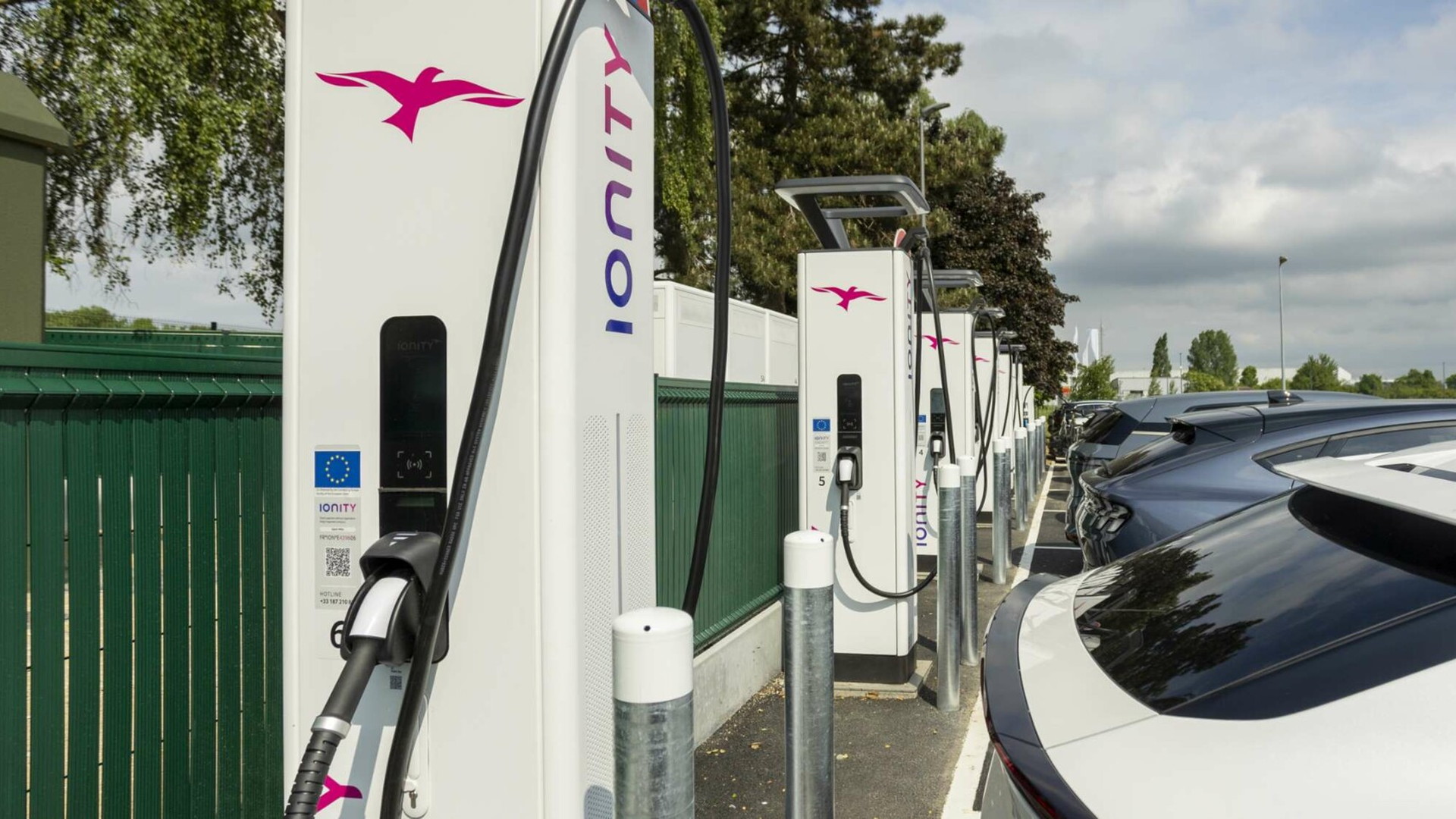Increasing production of electric cars is expected to increase the market for lithium-ion battery cells substantially, but where will the majority of those cells be made?
China, Japan, and South Korea currently have the largest manufacturing bases, but the U.S. could become a larger player as well.
A new report from the Department of Energy's Clean Energy Manufacturing Analysis Center (CEMAC) claims the U.S. could soon become a global player in the lithium-ion cell industry.
DON'T MISS: Is Next Battery Advance Not In Chemistry But Fabrication?
While Asian countries currently dominate the market, maturation of the U.S. supply chain could increase competitiveness on this side of the Pacific, reports Charged EVs (via Green Car Congress).
Japan, South Korea, and China currently represent about 79 percent of lithium-ion cell manufacturing.
The U.S. accounts for 7.3 percent of the global total, at 3,770 megawatt-hours.

Overview of global lithium-ion markets and supply chain (Graphic by Department of Energy CEMAC)
If all of these capacity-expansion projects are realized, the U.S. will represent 32 percent of global lithium-ion manufacturing.
The main obstacle to expanding the U.S. share of battery manufacturing will be catching up to more-established Asian companies.
ALSO SEE: Tesla Gigafactory Spurs Lithium Producers To Boost Output For Batteries
These companies have the advantage of greater expertise, established partnerships, and a more extensive supply chain.
Even for U.S.-assembled lithium-ion cells like those now used in the U.S.-built Nissan Leaf, the high-value electrode material is still imported--in this case from Japan--which significantly lowers the car's domestic content.
Costs for U.S. manufacturers are also generally higher than in other countries, the report found. Analysts found China, South Korea, and Mexico to have the lowest average costs.

Regional comparison of cell manufacturing costs (Graphic by Department of Energy CEMAC)
At $278 per kilowatt-hour, U.S. startups were found to have the highest costs.
A hypothetical facility located in the U.S. but run by an established Korean company was found to have the second highest cost.
MORE: Why LG Chem Leads In Electric-Car Batteries: Materials Science, It Says
At $256 per kWh, it tied with Japan.
While U.S. manufacturers will likely never be able to match the labor costs of China or South Korea, the report claims material costs could be lowered to the point that the U.S. will become competitive.
That will happen if U.S. cell makers can achieve an 8-percent after-tax cost of capital.
Analysts estimated the global lithium-ion battery industry to be worth $9 billion last year, and expect it to be worth $14.3 billion by 2020.
_______________________________________________












